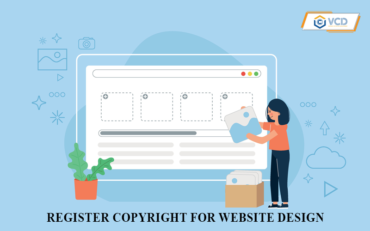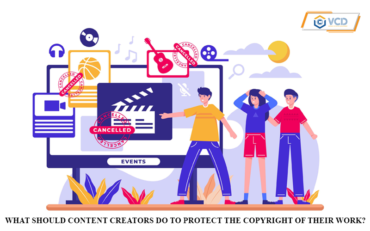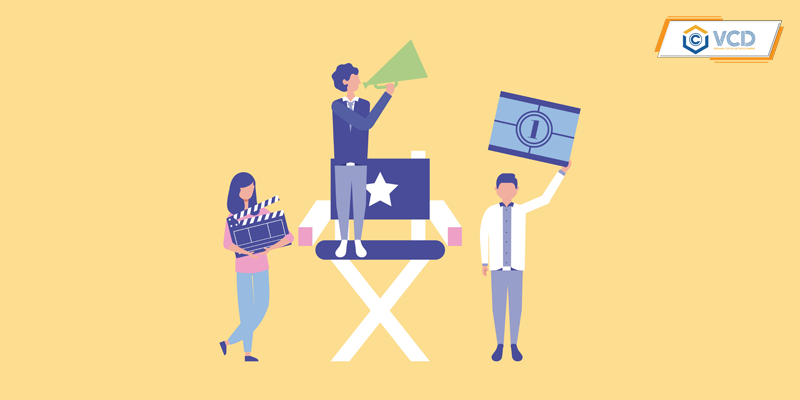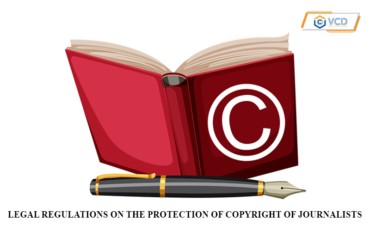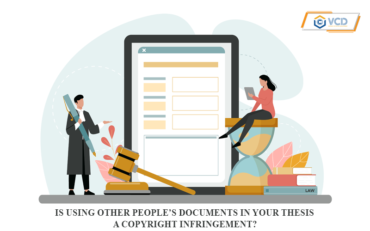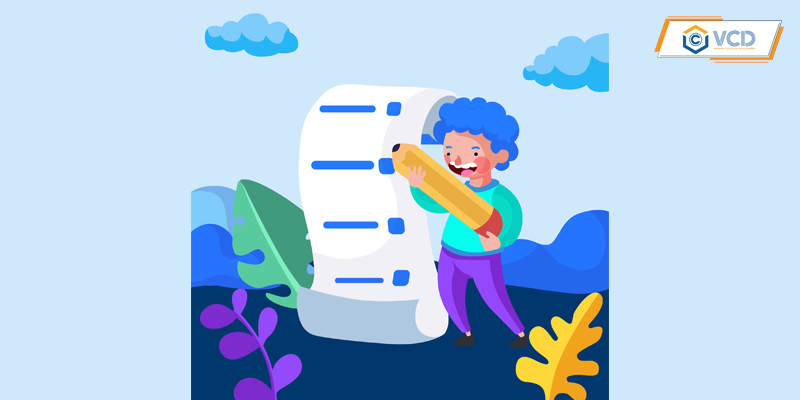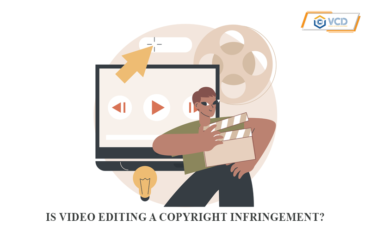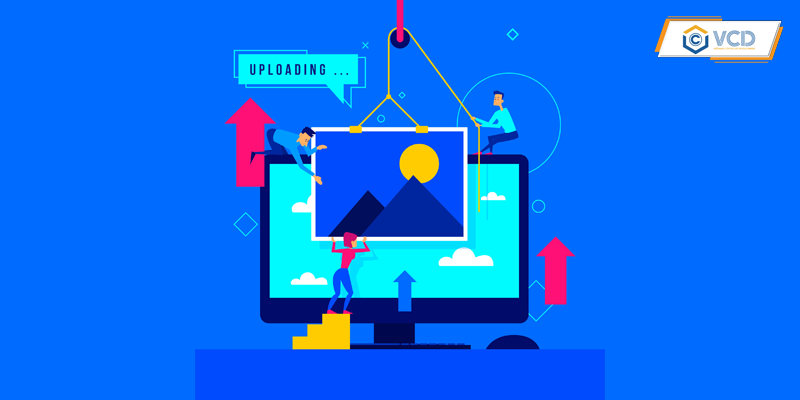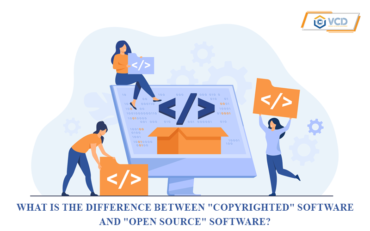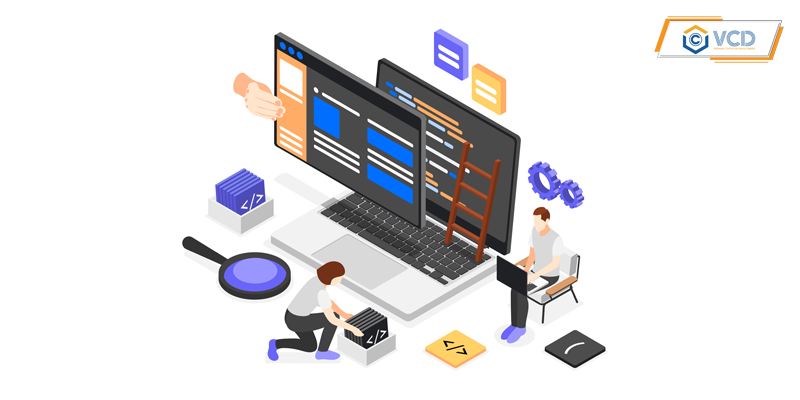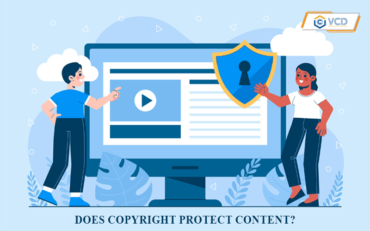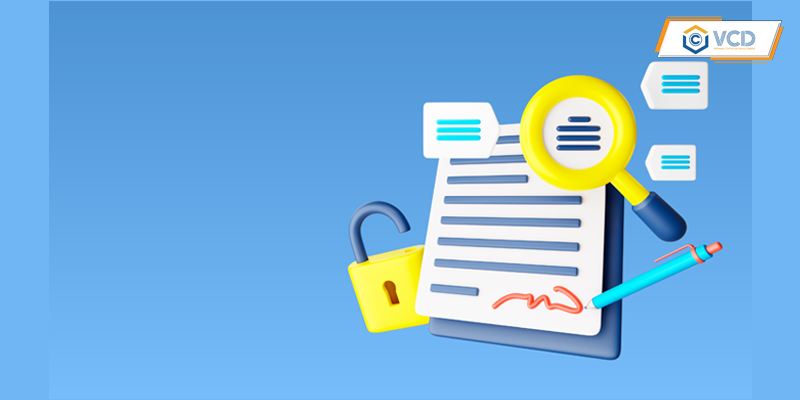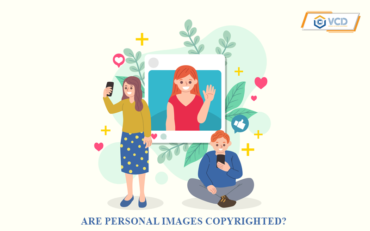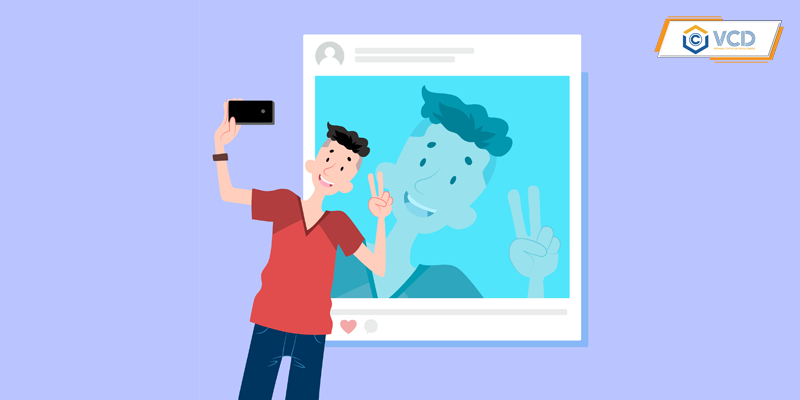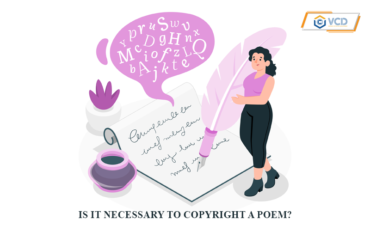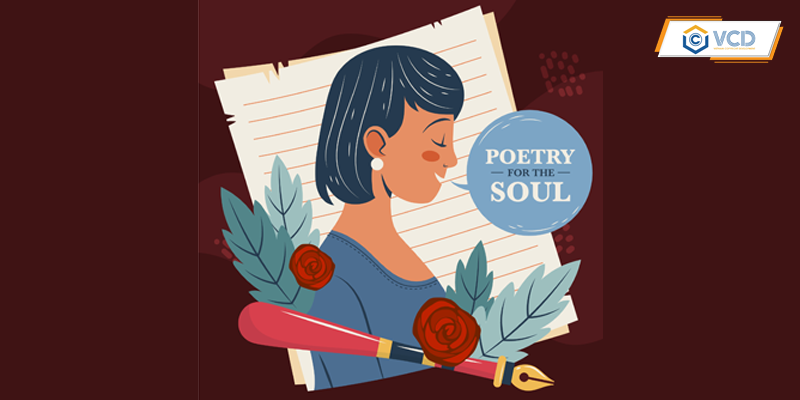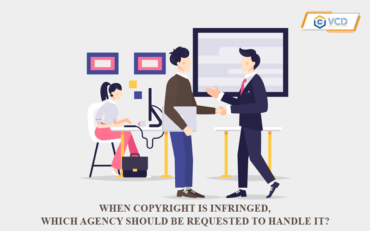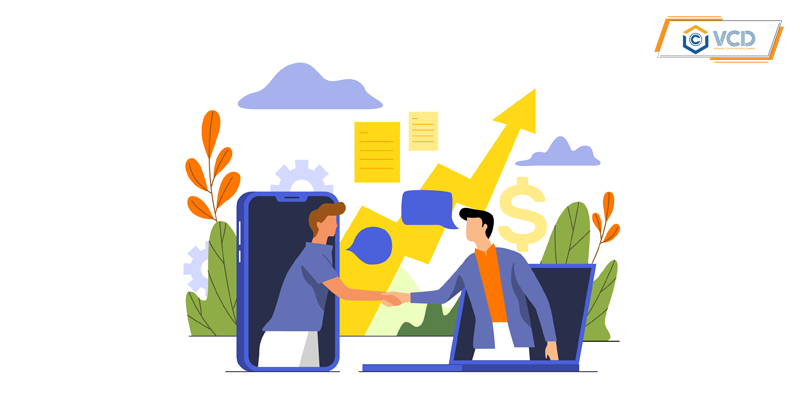Register copyright for website design
In today’s digital age, website design is not simply the work of creating a website but also a unique art form, reflecting the creativity and efforts of the designer. Copyright protection for website design has become more important than ever, in order to protect the ideas and creative labor of individuals and businesses. So how to register copyright for website design? Please follow the article of VCD below.
1. Is website design an object protected by copyright?
Web design or website design is simply the work of creating a website for individuals, companies, businesses or organizations. This is the work of helping users create a complete website. Websites can be set up as personal blogs, or e-commerce pages of businesses, companies, organizations, etc. Websites of each business, organization, and unit are designed to have their own unique features and characteristics of each business, organization, and individual in order to convey information.
According to Clause 8, Article 6 of Decree 17/2023/ND-CP, an applied art work is a work expressed by lines, colors, shapes, and layouts with useful features, which can be attached to a useful object, produced by hand or industrially.
An applied art work is expressed in the form of an artistic product design that cannot be easily created by a person with average knowledge in the relevant field and does not include the external design of the product that is required to perform the product’s function.
Therefore, website design is protected by copyright as a work of applied art or computer software, depending on the specific part of the design. According to the 2005 Intellectual Property Law, amended in 2022, copyright is protected for literary, artistic and scientific works.
Specifically, Article 14 stipulates that website design can be considered a work of applied art if it is creative and expressed in the form of images or website interfaces. User interfaces (UI), design structures and website images can be protected in this form. Article 22 clearly states that computer software, including HTML, CSS and JavaScript source code used in website design, is protected as a written work, similar to literary works. At the same time, according to Article 6, copyright for works is automatically protected when they are created and expressed in a certain form without registration.
Therefore, after designing and using the website, it is inevitable that other businesses, organizations, and units will infringe upon it when using similar or identical website designs.
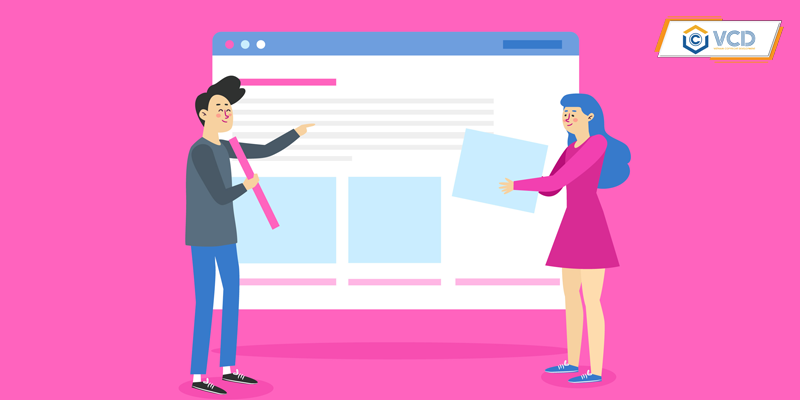
2. How to register copyright for website design.
The application for copyright registration for website design includes:
- Application for copyright registration for website design (The latest application form for copyright registration in Clause 1, Article 3 of Circular 08/2023/TT-BVHTTDL).
- A commitment from the author or co-author of the website design.
- A printed copy of the website design work or source code file.
- Documents proving the copyright owner for the website design: Assignment contract, Agreement document, etc.
Application for copyright registration can be submitted to the Copyright Office or through representative offices, with the option of submitting the application directly or by post.
During the application process, the Department may request additional or revised information, so timely monitoring and feedback is important to ensure the registration process goes smoothly. Finally, when the application meets the requirements after assessment, the Copyright Office will issue a copyright certificate for the website design.
Necessary notes when protecting copyright for website design:
- To protect the website design from being copied, it is very important to register copyright immediately after completion. If not done promptly, there may be risks when others use your ideas without permission
- Storing complete design documents is necessary to protect copyright. You should keep original copies of all related documents, including designs, source codes and updated versions.
- Consult a specialized lawyer: Lawyers with experience in the field of intellectual property will help you better understand the registration process, as well as your rights and obligations after being granted a certificate. They can also advise on how to handle copyright violations and protect your rights.
- After registering copyright, you need to monitor the use of your work. If you detect any violations, take timely measures to protect your rights.
Above is the article “Register copyright for website design” that VCD sent to you. We hope this article is useful to you.
Sincerely,

